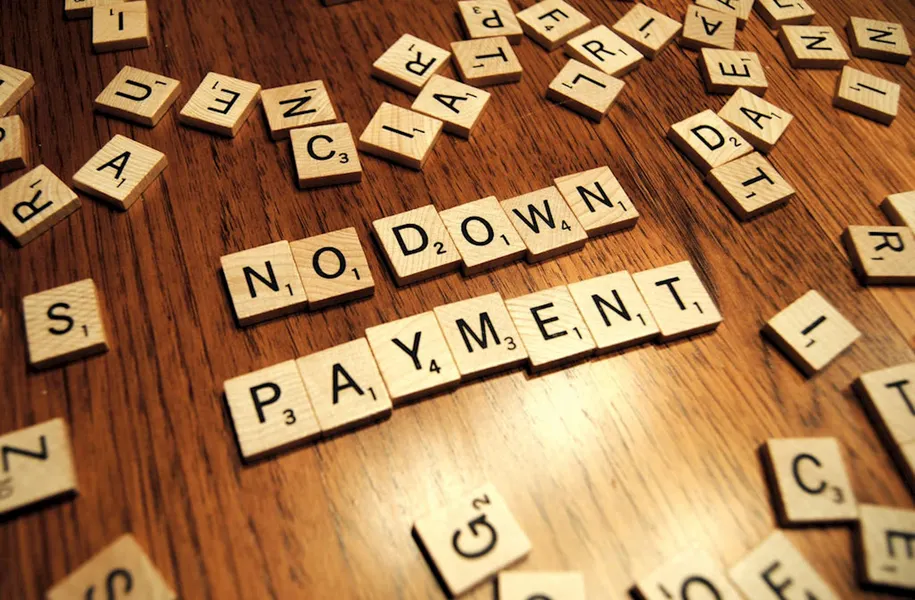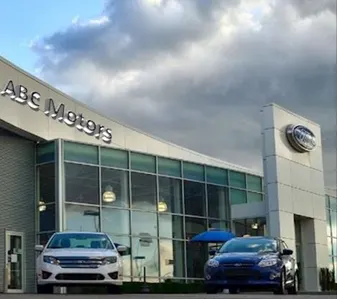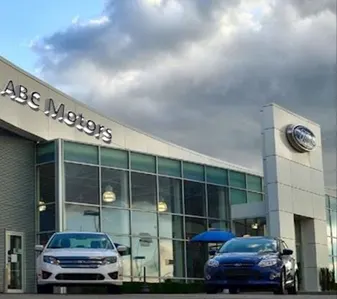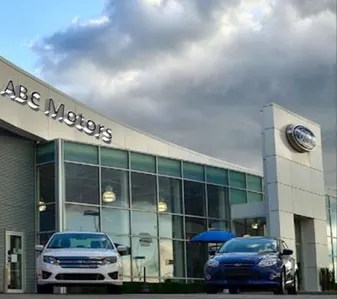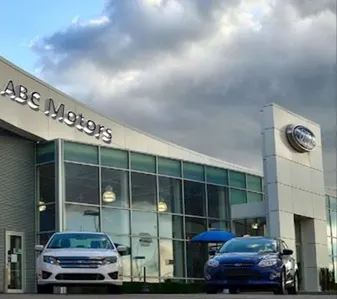Lots of dealerships offer “0% Down and Drive It Away” but is that the best option for you? How much should you put down? What is the typical down payment? Several factors come into play when trying to answer these questions.
- Typically, car buyers pay 5% of the selling price on a new vehicle. Of course, you could pay more or less, depending on the negotiations during the loan process. When giving a larger down payment, you are demonstrating to your lender that you are willing to risk some of your own money, and you seem committed to repaying the loan. This could result in better car loan terms.
- Requesting a copy of your credit report is a good idea before you sit down in the financing office at the dealership. Knowing what your credit score is could give you more wiggle room in negotiations. If your score is high, you can traditionally get a lower down payment or even that 0%. If your credit score is not so stellar, you should plan on providing a higher down payment so that in turn you may get a better loan offer or just be prepared for a higher interest rate. If there any mistakes on your report, you can also get those fixed before you start crunching the numbers on your new car loan.
- Be honest with yourself about how much of a down payment you can really afford. It may seem tempting to put down a large deposit, but if it puts a strain on your other day to day expenses, it is not worth it. Even though putting down a higher down payment can help with your interest rate and save you money in interest over time, you want to make sure you can meet your financial needs throughout the month.
Each buyer’s situation is different and unique to their own budget. If you are planning to buy a new car and didn’t know how much money, if any, you should put down for the down payment, hopefully, these points will answer that question for you. If you still have additional questions, please call or come see me at the dealership.

